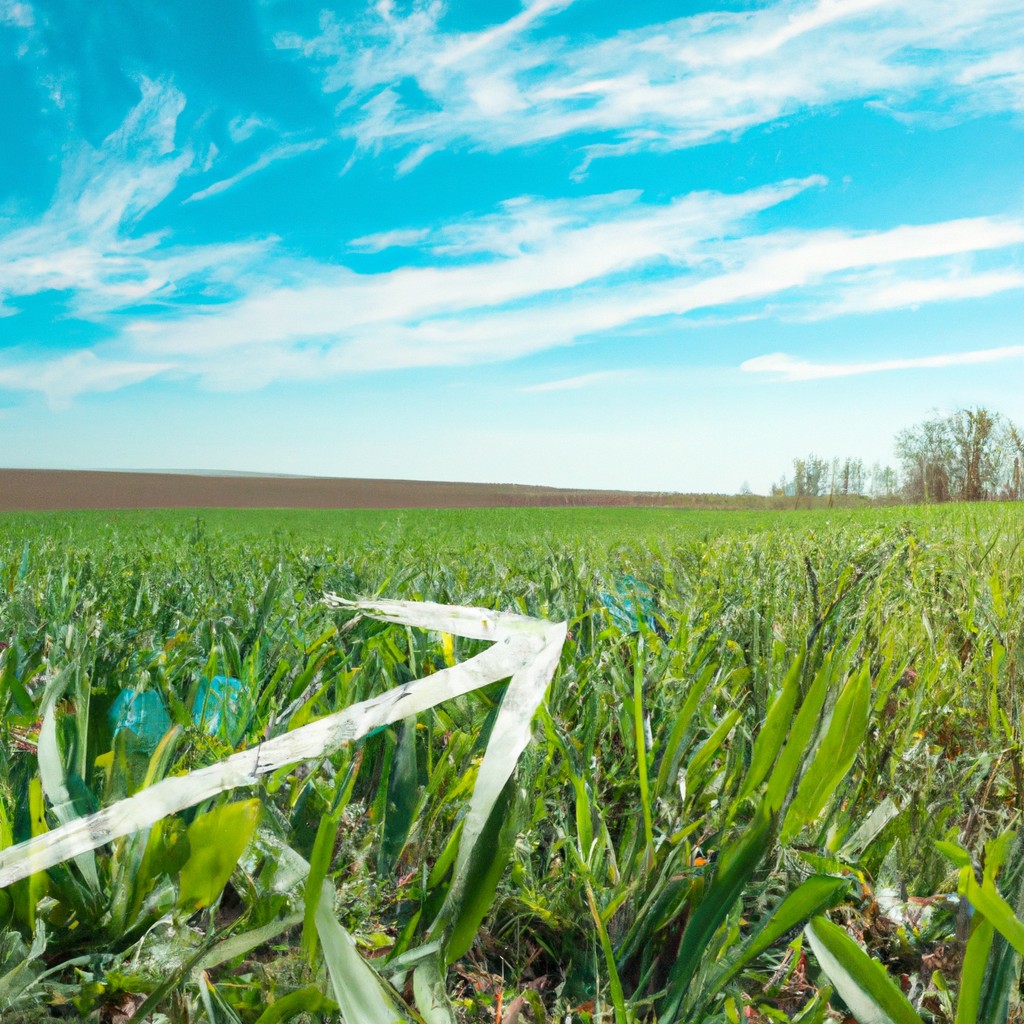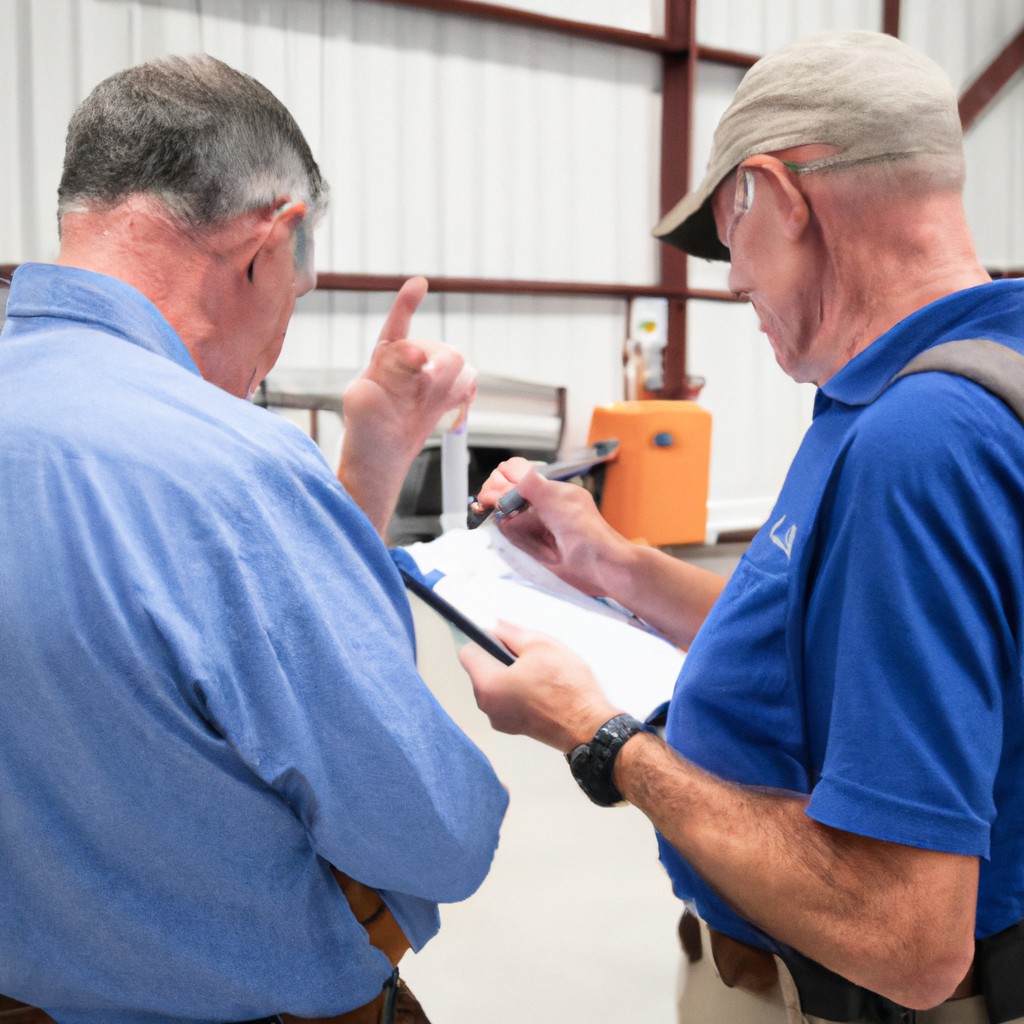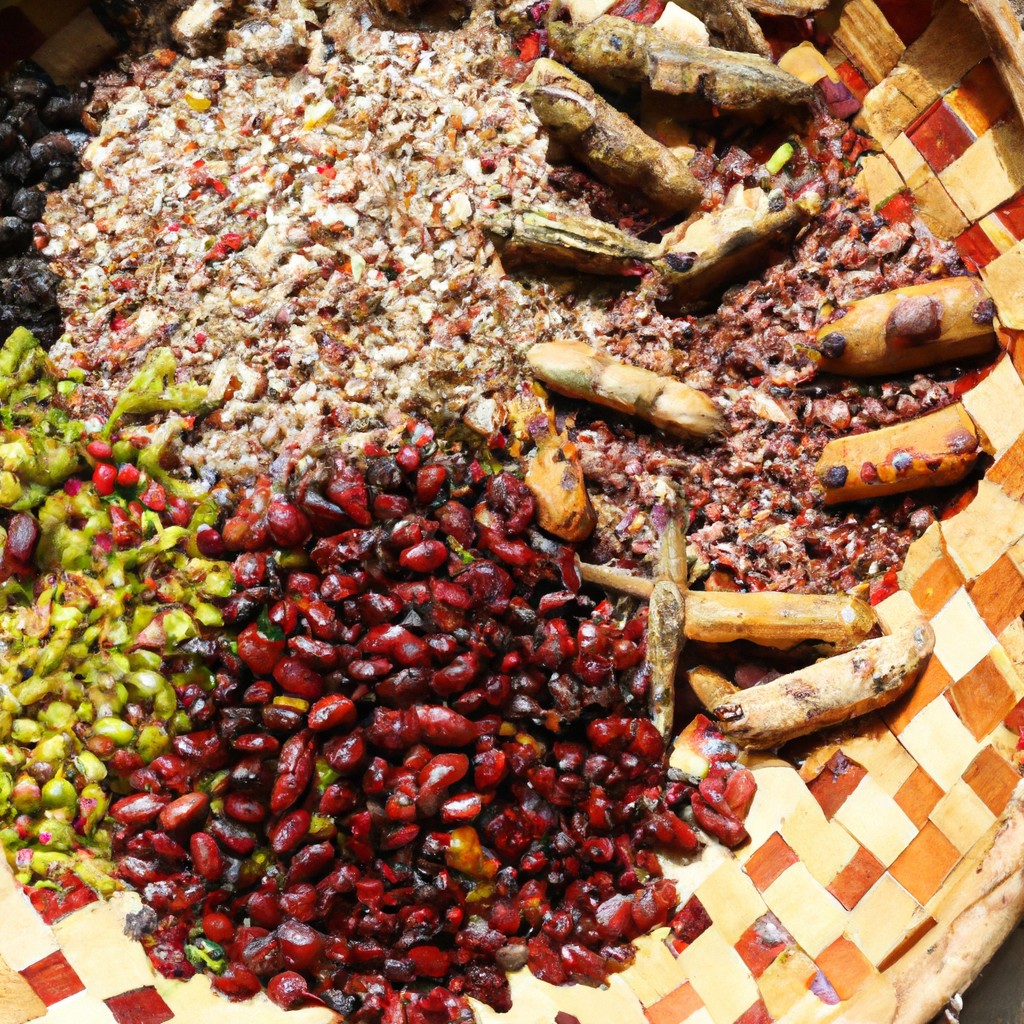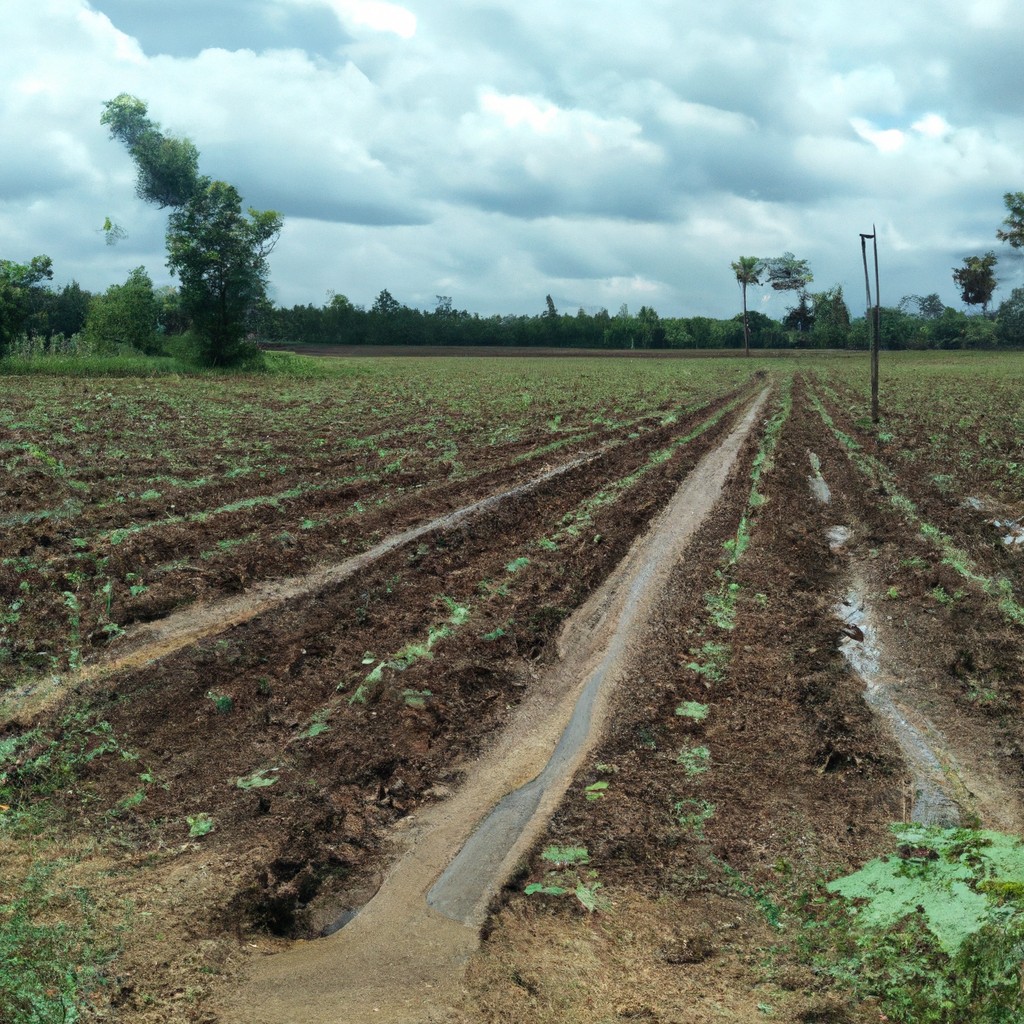Discover a variety of careers in agriculture that offer opportunities to contribute to sustainable farming and food production.
Look Inside:
Agricultural Engineer
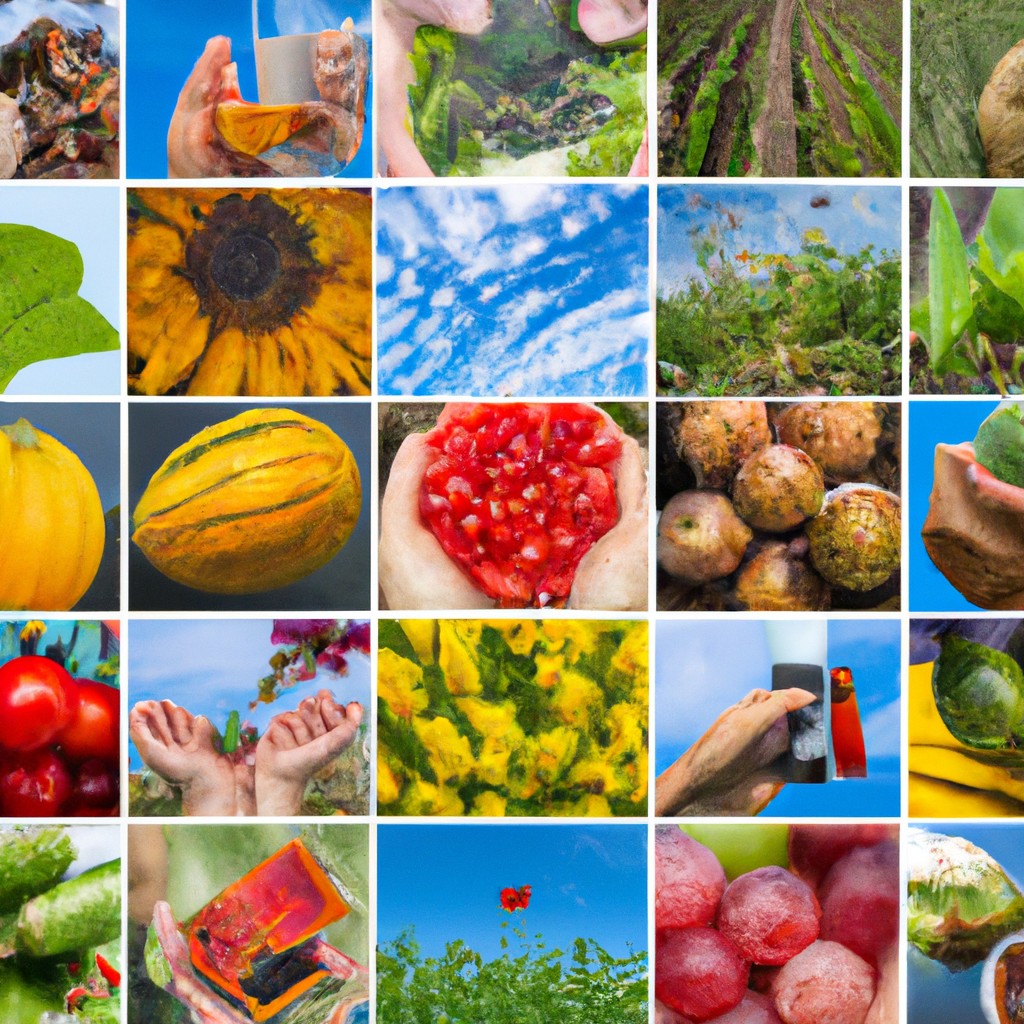
Agricultural engineers blend engineering principles with agricultural practices to develop systems and equipment that help increase farm productivity and reduce environmental impact. They work on a variety of projects, such as designing efficient machinery, developing water irrigation systems, and creating sustainable farming techniques that conserve soil and water.
These professionals often engage in research and development, testing new ideas in real world environments. Their expertise is also crucial in addressing pressing challenges like climate change adaptation and energy use on farms.
Working closely with farmers, they implement technology that optimizes crop yields and improves animal health outcomes. The role demands both creativity and practical skills, making it a dynamic career choice for those interested in a blend of technology and agriculture.
Food Scientist
Food scientists are essential for ensuring the safety, taste, and nutritional value of our food. They apply principles of chemistry, microbiology, and other sciences to develop new food products or improve existing ones. This role is crucial in addressing food preservation, packaging, and distribution challenges to meet consumer demands and regulatory standards. Typical environments for these professionals include labs, where they test food samples, and production facilities, where they oversee processing operations. A career in food science might appeal to those with a keen interest in health, wellness, and culinary innovation. Plus, with the growing focus on sustainable and healthy eating, food scientists play a pivotal role in shaping future food consumption trends.
Veterinarian
Caring for animals in farming environments, from household pets to livestock, is a primary responsibility. This role demands a deep understanding of animal health and the diseases that can affect different species. These professionals are crucial for maintaining the health and welfare of farm animals, which, in turn, supports productivity and food safety. From vaccinations to emergency surgeries, each day offers diverse challenges and rewards. Veterinary science also plays a significant role in public health as these experts handle zoonotic diseases—illnesses transmitted from animals to humans. Working in this field helps protect entire communities and promotes sustainable farming practices by ensuring animals are healthy and well-managed.
Agricultural Economist
Agricultural economists analyze data and trends to make strategic decisions in the farming sector. They blend expertise in finance, business, and agriculture to advise on crop sales, livestock management, and resource allocation. This role is pivotal for maximizing profitability and sustainability in farming practices.
Key responsibilities include forecasting market trends to aid in crop planning and pricing strategies. They also assess economic and environmental impacts of agricultural practices, shaping policies that influence the agricultural sector’s future.
Educationally, a degree in agricultural economics or a related field is typically required. Strong analytical skills and a knack for statistics are crucial for success in this career.
They often find themselves liaising between farmers and government agencies, ensuring regulatory compliance and securing funding for agricultural projects. Their insights also help in developing new agricultural products and entering new markets, which are essential for the growth and adaptability of farms.
Farm Manager
Overseeing the day-to-day operations of a farm requires a keen eye for both agriculture and business management. The role balances hands-on activities with administrative responsibilities. Tasks include planning crop rotation, managing planting and harvesting, purchasing supplies, and ensuring the overall health and productivity of livestock and crops.
Strong leadership is crucial, as farm managers guide teams through the seasonal ebbs and flows of farming. They also handle financial aspects, from budgeting to assessing economic viability. Adapting to weather conditions and responding effectively to crop pests and diseases showcase their problem-solving skills.
Aspiring farm managers benefit from degrees in agriculture, business management, or related fields, although significant hands-on experience can also pave the way to this career. Continuous learning about new farming technologies and sustainable practices plays a central role in staying relevant and effective in this dynamic field.
